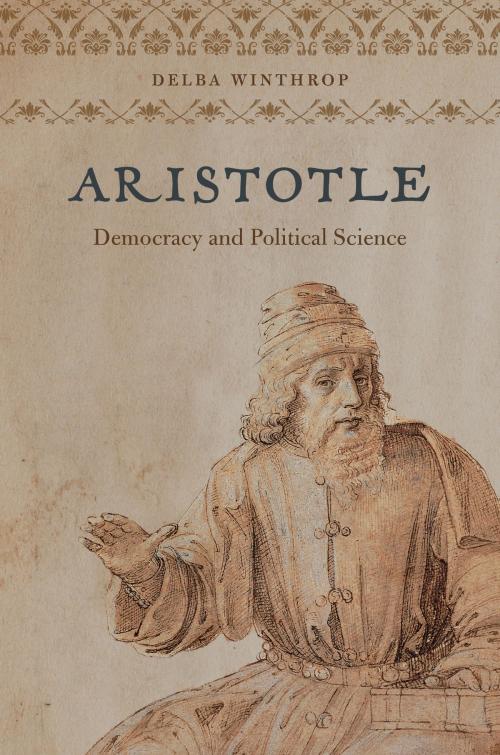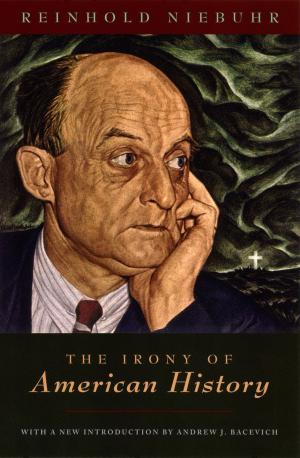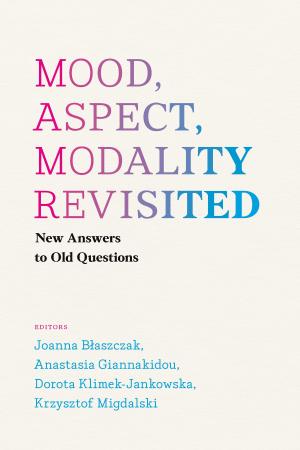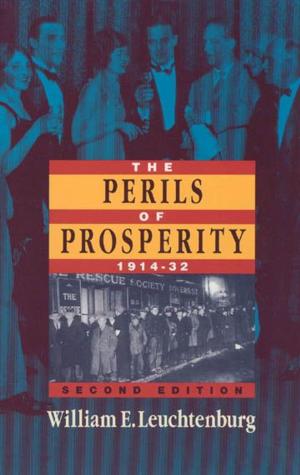Aristotle
Democracy and Political Science
Nonfiction, Religion & Spirituality, Philosophy, Political, Social & Cultural Studies, Political Science, Politics, History & Theory| Author: | Delba Winthrop | ISBN: | 9780226553689 |
| Publisher: | University of Chicago Press | Publication: | December 24, 2018 |
| Imprint: | University of Chicago Press | Language: | English |
| Author: | Delba Winthrop |
| ISBN: | 9780226553689 |
| Publisher: | University of Chicago Press |
| Publication: | December 24, 2018 |
| Imprint: | University of Chicago Press |
| Language: | English |
Today, democracy is seen as the best or even the only legitimate form of government—hardly in need of defense. Delba Winthrop punctures this complacency and takes up the challenge of justifying democracy through Aristotle’s political science. In Aristotle’s time and in ours, democrats want inclusiveness; they want above all to include everyone a part of a whole. But what makes a whole? This is a question for both politics and philosophy, and Winthrop shows that Aristotle pursues the answer in the Politics. She uncovers in his political science the insights philosophy brings to politics and, especially, the insights politics brings to philosophy. Through her appreciation of this dual purpose and skilled execution of her argument, Winthrop’s discoveries are profound. Central to politics, she maintains, is the quality of assertiveness—the kind of speech that demands to be heard. Aristotle, she shows for the first time, carries assertive speech into philosophy, when human reason claims its due as a contribution to the universe. Political science gets the high role of teacher to ordinary folk in democracy and to the few who want to understand what sustains it.
This posthumous publication is more than an honor to Delba Winthrop’s memory. It is a gift to partisans of democracy, advocates of justice, and students of Aristotle.
Today, democracy is seen as the best or even the only legitimate form of government—hardly in need of defense. Delba Winthrop punctures this complacency and takes up the challenge of justifying democracy through Aristotle’s political science. In Aristotle’s time and in ours, democrats want inclusiveness; they want above all to include everyone a part of a whole. But what makes a whole? This is a question for both politics and philosophy, and Winthrop shows that Aristotle pursues the answer in the Politics. She uncovers in his political science the insights philosophy brings to politics and, especially, the insights politics brings to philosophy. Through her appreciation of this dual purpose and skilled execution of her argument, Winthrop’s discoveries are profound. Central to politics, she maintains, is the quality of assertiveness—the kind of speech that demands to be heard. Aristotle, she shows for the first time, carries assertive speech into philosophy, when human reason claims its due as a contribution to the universe. Political science gets the high role of teacher to ordinary folk in democracy and to the few who want to understand what sustains it.
This posthumous publication is more than an honor to Delba Winthrop’s memory. It is a gift to partisans of democracy, advocates of justice, and students of Aristotle.















